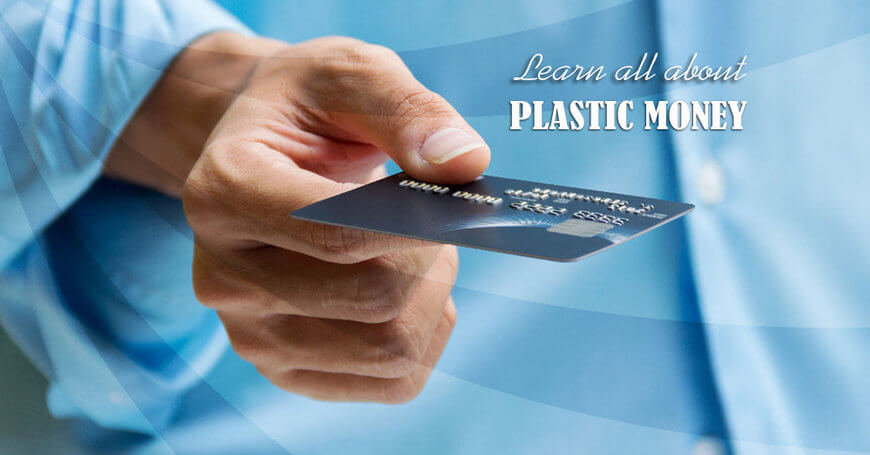Spread the loveThe recent demonetization drive by the Indian Government seems to be congruent with their ambitious dream of absolute digitalization that obviates the need to make payments through cash and prevents socio-economic travails like fake currency and black money, …


